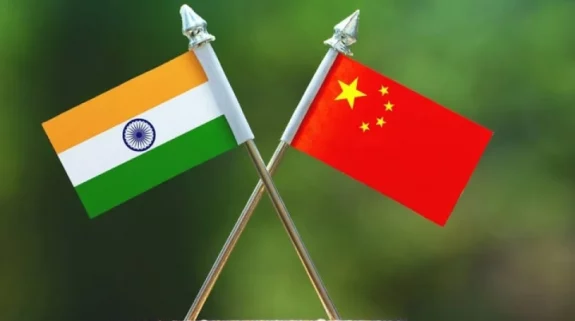The Regional Comprehensive Economic Partnership (RCEP) has been inked between 15 countries—China, Japan, South Korea, Australia, New Zealand, Vietnam, Thailand, Singapore, Philippines, Myanmar, Laos, Malaysia, Indonesia, Cambodia and Brunei after years of negotiation. India, which pulled out of one of the largest trade pacts last year after its core concerns were not met, is not overtly concerned with the development.
“Why should we be bothered about this, it was already made clear by China that the trade deal will be inked even without India, so there is no surprise in this,” a trade analyst said.
India’s pulling out of the trade deal is a “big” blow to the member countries, especially China as they lose out on a huge market. Two people familiar with the development said that member countries are still hopeful that India joins the pact at some stage.
Last year, after opting out of the RCEP, Prime Minister Narendra Modi had said that the trade deal would adversely impact the lives of all Indians.
India’s main concerns were related to market access and flooding of cheap Chinese goods in the Indian market. Besides, there were serious concerns pertaining to imports of agriculture produce from Australia and New Zealand.
“It is not the end for India, as most members including China are keen that we join the pact. But India is not in any hurry. Our primary aim is to protect our domestic producers. We would consider joining the pact only once our concerns are addressed and the domestic manufacturing sector is sufficiently competent,” BJP’ spokesperson on economic affairs Gopal Krishna Agarwal told IndiaNarrative.com.
Sources said that though the deal has been inked, member countries will continue their “backdoor negotiations” to pull India back on the table.
India has not signed any new free trade agreement (FTA) since 2012. However, it is looking at trade pacts with European countries and other blocs sans China.
<strong>What is RCEP?</strong>
The trade deal—signed online over a video conference, includes over 2 billion people accounting for 30 per cent of the global GDP—is expected to give a huge fillip to China. The deal will eliminate tariff for goods that are exempt from duty. Al Jazeera quoted said Luong Hoang Thai, head of the Multilateral Trade Policy Department at Vietnam’s Ministry of Industry and Trade as saying that the RCEP “will help reduce or remove tariffs on industrial and agricultural products and set out rules for data transmission.”
The US would be closely watching the finer points of the deal, especially at a time when its economy is in a crisis mode owing to the ongoing coronavirus pandemic.
“Amid the ongoing trade war between China and the United States, the world’s two largest economies, there has been a quiet but growing effort to establish the world’s largest economic trade sphere in Asia,” the National Bureau of Asian Research wrote in a research paper published in 2018.
.



















